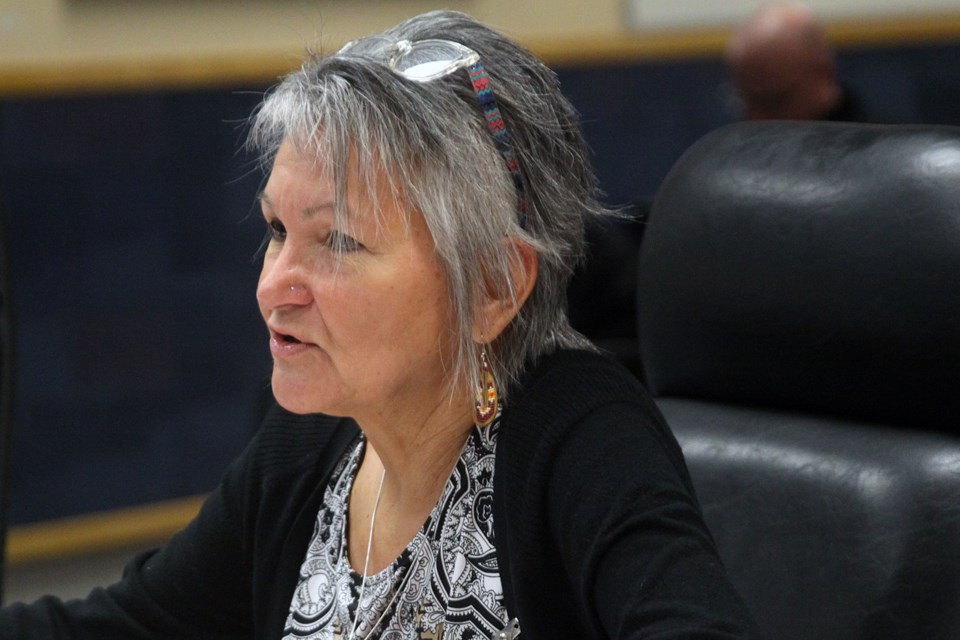THUNDER BAY – An innovative court process in Thunder Bay is beginning to change the way Indigenous offenders can move through and beyond the criminal justice system.
The Thunder Bay Indigenous Friendship Centre last March launched the Indigenous Peoples’ Court, which is the first of its kind in Northwestern Ontario.
The court, which is an alternative to the traditional legal system, sits twice per month and hears about three or four cases during each session. The process begins with the offender entering a guilty plea and taking responsibility with facts of the case read into the court.
Roseanna Hudson, the centre’s coordinator of justice services, said the admission of guilt is a crucial component of the court.
“Sometimes when we do something wrong we need to take responsibility for that for our own healing in order for us to move forward,” Hudson said after providing an update on the program to the Thunder Bay Police Services Board on Thursday morning.
“We need to accept the role we played in anything we do. Once we accept that role, it allows other people a chance to forgive us. It also allows a chance for us to forgive ourselves.”
After the guilty plea, the offender is given the opportunity to tell their story and explain the circumstances of how they ended up before the court. They also can tell the court about programs, services or treatments they need as part of their healing process.
Hudson said each person takes baby steps, rather than traditional court proceedings where they are sentenced at the conclusion of a case and ordered into custody or given a list of conditions.
“They’ll do it one step at a time whereas in mainstream court there’s a sentence. They have no say in the sentence they’re given whereas in Indigenous Peoples’ Court they do have a say. They have opportunity to advise the courts what their issues are, what they’d like to focus on and where they’d like to start,” Hudson said.
“What might be good for me might not be good for someone else. It’s individualized.”
Deputy police chief Sylvie Hauth said Thunder Bay Police Service officers have participated in the court and can see its effectiveness.
“It offers a personal touch to the process. It gives both the offender and the police officer a different perspective in terms of where we’re coming from as a police officer but the individual as well in terms of their personal life and some of the roadblocks or challenges they face,” Hauth said.
“It really personalizes the process and I think offers different outcomes but also better outcomes in terms of maybe not being repeat offenders or some closure.”
